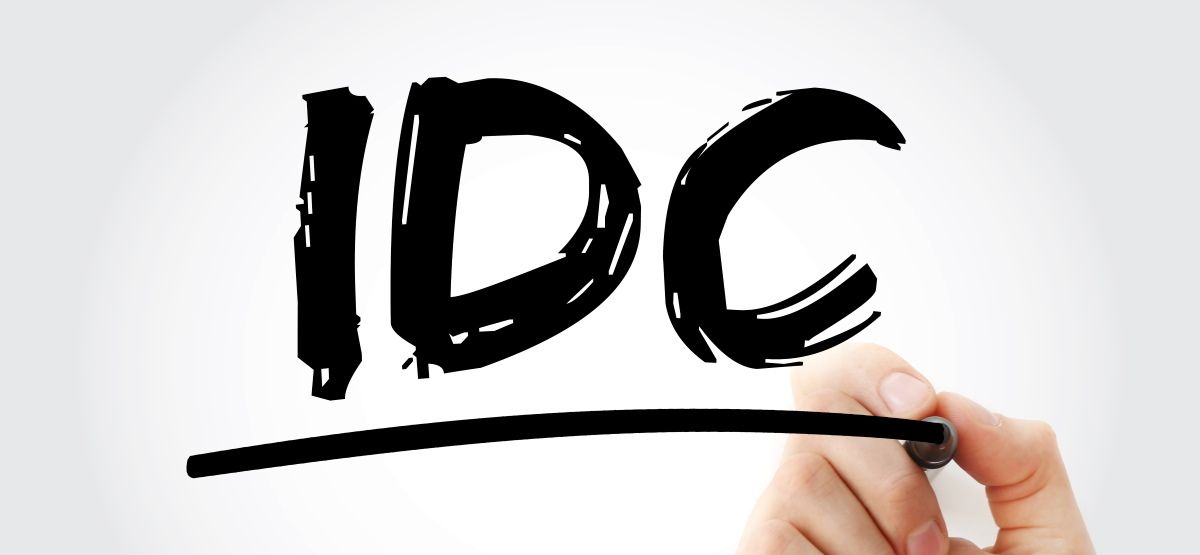Has anyone ever sent you a short "IDC" in response to something you were really excited about? Here's what it means and why you might find it a little rude.
"I Don't Care"
IDC stands for "I don't care." It's used in text and chat to convey to someone that you don't care about them, something they said, or the subject of the conversation. When addressed directly toward someone, it's considered a fairly rude way to respond.
Alternatively, it could just be used as a shorthand for "I don't care" in a sentence, such as "idc about the weather, it's not a long drive anyway." IDC shares some similarities with other internet acronyms, such as IDK, which means "I don't know." Depending on the context of the conversation, you can even use both of them in the same message. For example, you could say "IDK and IDC" if you want to shut down a conversation entirely.
This initialism is often written in the lowercase "idc" instead of uppercase, highlighting that it's being typed with as little effort as possible. You might also run across the acronym IDRC, which stands for "I don't really care." IDC and IDRC are essentially interchangeable.
The History of IDC
The first listed definition of the term on Urban Dictionary dates back to 2003, but it was likely invented significantly before that. IDC emerged in the 1990s alongside other internet acronyms like TBH and BRB. It was initially used in online chatrooms and forums to brush someone off before coming into widespread use with the rise of SMS texting and instant messaging in the early to mid-2000s.
Since then, it has become a commonly used term in messaging with friends, family, and acquaintances. Furthermore, it has also become a common term on social media websites like Twitter, lending itself well to the short nature of tweets. Normally, it's used to refer to a popular topic that the Twitter user is disinterested in. For example, if a particular movie you don't care for is currently trending, you might say, "Honestly, idc about this movie."
Is IDC Rude?
There are two main ways to use IDC. The first is to use it to say you don't care about something that's been brought to your attention. For example, someone asks you, "What do you think about the new superhero movie?" If you don't enjoy metal music, you might say, "Oh, idc about superhero movies." The tone of this reply is a little dismissive but generally considered fine to say.
On the other hand, where IDC starts to become rude is when you're directly dismissive of another person or something they said. For example, if someone tells you that they just got engaged, and you reply with "idc," they might be offended. This effect is magnified because you used a short acronym version, which means you didn't even care enough to type the entire phrase.
That is why you might want to be careful when using IDC. It's easy to use it in a way that appears rude accidentally. If someone asks you what you want them to cook for dinner, saying "idc" may seem to imply that you aren't appreciative of their effort, even if that's not what you meant. Instead, you could say, "I'm fine with anything."
How to Use IDC
You should only use IDC in personal conversations or online posts. Avoid using it for formal or business communication, as it might come across very poorly. Because of its meaning, you should try to use it sparingly---mostly in conversations with people you're very comfortable with already.
Here are a few ways to use IDC:
- "IDC about the cost, just get it fixed."
- "Honestly, idc about what color the walls are."
- "Sorry, idc about rock music, maybe you should ask someone else to the concert."
- "IDK and idc about that."
If you care about learning more internet jargon, you might want to check our pieces on NVM and JK next.


